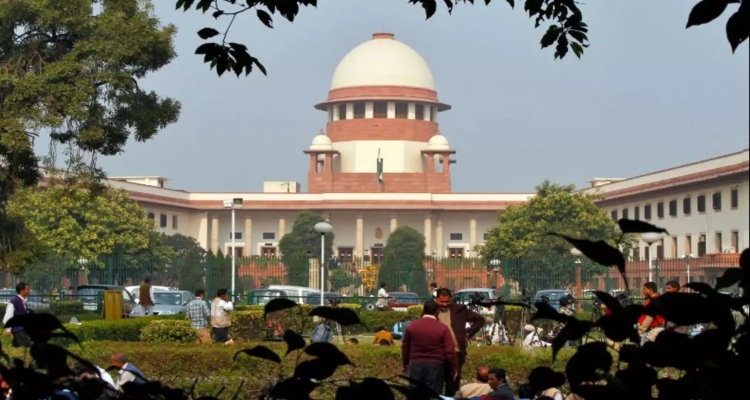
The Supreme Court recently issued a decisive ruling denying bail to a juvenile offender, underscoring that repeated criminal behavior cannot be justified solely on the basis of age.
This judgment reflects broader judicial apprehensions regarding the potential exploitation of juvenile legal protections in cases involving serious and recurrent offenses.
A bench comprising Justices J. B. Pardiwala and R. Mahadevan closely examined the accused’s history, noting that he had been implicated in four comparable criminal cases.
“He is incorrigible! Just incorrigible,” the Court remarked, articulating its deep concern over the individual’s persistent engagement in unlawful activities.
“Let him understand the repercussions of his actions. In the name of being a juvenile, he cannot keep looting people. In fact, he should not have been treated as a juvenile. These are serious offenses, and every time they are getting away in the name of juveniles,” the Court asserted, highlighting systemic vulnerabilities that allow repeat offenders to evade substantive legal consequences.
The case involves allegations of extortion and criminal intimidation.
Previously, the Rajasthan High Court refused to grant bail to the accused, who was already on bail in three other cases at the time. This pattern of recidivism prompted the judiciary to question the effectiveness of existing rehabilitative frameworks for juvenile offenders.
“We realize he has been in custody for one year and eight months. Ultimately, if the juvenile court holds him guilty, the maximum punishment that can be imposed is three years. However, we are not persuaded to exercise our discretion in his favor,” the Supreme Court stated, emphasizing the necessity of a more stringent legal approach given the gravity and frequency of the offenses.
Beyond the question of bail, the Court also addressed procedural inefficiencies, specifically the failure of witnesses to appear despite formal charges being filed.
“If witnesses are not turning up, then this has something to do with the right of the petitioner to have a speedy trial. It is for the presiding officer of the juvenile court to take care of this and see that the prosecution produces the witnesses,” the Court noted, reinforcing the judiciary’s commitment to expeditious legal proceedings.
In an effort to ensure timely adjudication, the Supreme Court mandated an accelerated trial process.
“We grant 4 months to the trial court to complete the trial and, if needed, conduct it on a day-to-day basis,” the Court directed, emphasizing the imperative of swift and effective justice.
This ruling represents a significant judicial interpretation of juvenile justice principles, advocating for a nuanced equilibrium between rehabilitation and accountability, particularly in instances of repeated criminal conduct. It underscores the necessity of recalibrating legal frameworks to prevent habitual offenders from exploiting juvenile protections while ensuring that due process remains uncompromised.
Read More: Supreme Court, Delhi High Court, States High Court, International




